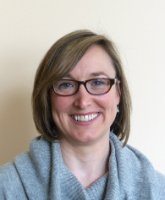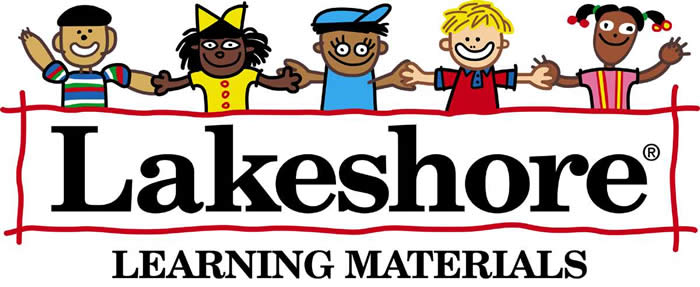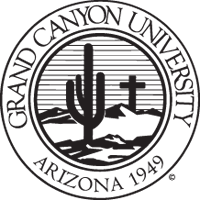|
|
|||||||||||||
It's our 30th Annual Summer Institute, which offers the opportunity for teachers and other early learning professionals to take a concentrated 20 hour course on a single subject. We’re very excited about this year’s expanded offerings, and look forward to providing very high quality intensive 20-hour courses to our members and the Early Learning community at large. We're working out some last-minute changes, but the 90% final list of courses includes:
Audience: Family support, home visitors, health
Presenter: John Gilbert, Institute for Individual and Organizational Change John Gilbert is a lead trainer for the Institute for Individual and Organizational Change and has been training MI in a variety of settings for three years. completed training and became designated as a MI coder, utilizing the Motivational Interviewing Treatment Integrity (MITI) scale to evaluate and provide tailored feedback to those seeking to improve their MI skills. He is also a Registered Health Coach (RHC), having demonstrated measurably effective use of MI in healthcare settings. Aside from training, John's focus continues to be on the research and fidelity supporting MI.
Audience: Pre-K Teachers, Supervisors
Presenter: Debi Manning-Beagle, M.A. Debi Manning-Beagle retired from over 40 years in a variety of Head Start/ECEAP job roles, including Teacher, Education Coordinator and Director of Operations. She is Adjunct Faculty for South Puget Sound Community College, including Guiding Children’s Behavior (25 years), Practicum, Diversity, Cooperative Pre-school Parent Education, and Head Start/ECEAP credit bearing seminars on ECE Curriculum and Topics in Child and Family Development. Debi has an MA in Human Development from Pacific Oaks College and BA in Liberal Arts with Early Childhood and Community Advocacy emphasis from The Evergreen State College. Debi’s goal in life is to contribute to a peaceful and joyful community by attending to the self-esteem, education, and health of self and others.
Audience: Teachers 0-5 (Limit: 20 Students)
This introductory training is for educators new to Teaching Strategies GOLD®. Participants will receive a comprehensive overview of this research-based assessment system. Through small group and individual activities, discussions, and hands-on practice, teachers will explore the structure and features of this online assessment tool to have the basic skills to begin implementing this online assessment.
This course will enable participants to: · Identify the purposes of assessment and describe the role it plays in informing instruction. · Explain how the four steps of the assessment process link curriculum and assessment to support children’s development and learning. · Demonstrate an understanding of how to use the features of Teaching Strategies GOLD®, including entering documentation and observation notes, individualizing instruction, and completing checkpoints. · Summarize the purposes of the key reports and explain how to use them for planning and communicating with others.
Participants are encouraged to bring the Teaching Strategies GOLD® Objectives for Development and Learning: Birth Through Third Grade book.
Presenter: Julie Langley Flores, Department of Early Learning Julie Langley Flores is a Pre-K Specialist for the Washington State Early Childhood Education and Assistance Program (ECEAP). Her professional background includes over 20 years of experience in supporting comprehensive early child services in Head Start and ECEAP programs in Eastern Washington. Julie is certified to provide training on The Creative Curriculum® for Preschool and Teaching Strategies GOLD®. Julie finds value in “highlighting the positives” and seeing individuals: children, families, and staff; develop their skills and “show and shine” to reach awesome results.
Audience: Teachers 0-5
This will include: · Identifying and facilitating developmentally appropriate Science and Math concepts. · Focus on Math through Blocks and Literacy · Focus on Science through Music and Dramatic Play · Using the engineering design process to plan, create, test, and ask during their project. · Building your S.T.E.A.M. Throughout the Day
Sponsored by Lakeshore Early Learning Presenter: Jenna Sekerak With over a decade of teaching experience in early childhood and elementary settings, Jenna Sekerak provides fellow educators with the opportunity to enhance teaching and learning through content-rich, hands-on experiences. Possessing a real passion for results, Jenna focuses on tools and strategies that teachers can implement right away. In her role as Professional Development Specialist, Jenna draws on her experience to support curriculum needs in all content areas. Plus, her background in RTI makes Jenna a great resource for educators of students who need a little extra support. In addition to an M.Ed. in School Administration, Jenna has a Bachelor’s Degree in Early Childhood Education. An RTI specialist, Jenna also holds certifications in multiple programs across a variety of content areas.
Audience: (Teachers, supervisors)
This will include: · Reflections on moving from Part-Day to Full-Day · Developing and Implementing a Full-Day schedule · Staff team roles/responsibilities · Length of Day stress · Challenging Behaviors & Positive Guidance Strategies · Facilitating Learning throughout the day · Planning and facilitating learning throughout classroom areas · Including all children
Presenter: Cathy Cole, MS Cathy Cole is a highly accomplished professional with more than 30 years of progressively responsible experience in the field of Early Care and Education, much of it as a teacher, director, and national consultant for Head Start, Migrant Head Start, and California State Pre-K programs. Cathy has an Associate of Arts degree in Child Development, a Bachelor’s of Arts degree in Interdisciplinary Studies, a Bachelor’s of Science degree in Education and a Master of Science degree in Education Administration. Since 2004, as an independent Early Care and Education Consultant, Cathy draws from her classroom and administrative experiences to assist Early Care and Education staff and administration through her many presentations, consultations and trainings to develop, enhance and implement effective programs and services nationwide.
Audience: Health, Home Visitors, Family Support
· The Brain (the neurology of intoxication, addiction, and recovery) · A deep dive into the substances that most affect our families – Marijuana, Opiods, Alcohol, Meth · Impacts on children (fetal alcohol syndrome, second-hand marijuana, PTSD, ACES) · Strategies for working with families.
Presenters: Steven Freng, Psy.D., MSW, NW High Intensity Drug Trafficking Area For the last 20 years Steven Freng has served as the Prevention/Treatment Manager for the Northwest High Intensity Drug Trafficking Area.
Audience: (Supervisors, Coaches, Ed Managers) The Early Childhood Environmental Rating Scale (ECERS), is a tool that assesses the materials, arrangement of space, and overall climate of the classroom or site. Assessors score sites based on their observation of indicators of quality at one point in time. This initial training consists of three days of field based reliability observations in three different environments serving children 2 ½ through 5 years of age. During this time, trainees conduct observations that evaluate their understanding of the scale and their ability to interpret, or code, the environment according to ERS guidelines.
Presenter: Kelli DeBoer & Peggy Brown, Department of Early Learning Peggy Brown is an ECEAP Pre-K Specialist with over 30 years’ experience in Early Childhood education and 20 years’ experience training. Currently Peggy provides this Counting and Cardinality training and Teaching Strategies GOLD® training across the state for ECEAP programs and child care providers. She is a parent of three and a grandparent of eight and enjoys music, long walks and spending time with family.
Kelli DeBoer has a passion for working with children, families and educators. She lives and breathes the mission and vision for ECEAP, Head Start and Early Head Start. Kelli has over 25 years of experience in the field of early childhood education, with 17 years providing comprehensive early childhood services in Head Start, Early Head Start and ECEAP programs in Western Washington. Throughout her career, she has spent time as a Lead Teacher, Home Visitor, Health Advocate, Center Manager and Staff Supervisor. Currently, Kelli is a Pre-K Specialist with Washington State Early Childhood Education and Assistance Program (ECEAP). Kelli is certified to provide reliability training in the ECERS-R tool.
Audience: 0-5 Coaches, Supervisors, Education Managers
TLCs provide an opportunity for teachers/home visitors to learn from each other in a safe, caring and responsive environment. Within the TLC group, teachers/home visitors can learn to be conscious, deliberate and reflective in their classrooms/home visits. TLC’s encourage teachers/home visitors to set and achieve goals for effective classroom or family interactions, implement effective practices, and increase positive relationships. These positive practices support children’s growth and development over time.
Presenters: Septmber Gerety and Joanna Parker, M. Ed., National Center on Early Childhood Development September Gerety is passionate about learning and school readiness for all young children, especially those considered to be at-risk. Over the last 20 years, she has been a teacher, administrator, parent educator, coach, and mentor teacher. September currently focuses on working with early childhood programs to implement research-based teaching and professional development practices and prevent challenging behavior. She has a BA in Elementary Education and Master’s Degree in Educational Leadership. September provides training and technical assistance around Practice-Based Coaching as a consultant for the National Center on Early Childhood Development, Teaching and Learning. Joanna R. Parker, MA Ed is the Sr. Professional Development Manager at the National Center on Early Childhood Development, Teaching and Learning. Joanna has an extensive background in early childhood education and State systems. During the past 14 years, Joanna has provided training and technical assistance as part of the Head Start training and technical assistance system, Institutes of Higher Education and state child care systems. Joanna has provided technical assistance to Family Child Care providers, providing ongoing support to meet the requirements of state QRIS standards and implement the Early Learning Standards. She has coauthored professional development resources that include the Wisconsin Early Learning Standards, Wisconsin Pyramid Model, Dual Language Learners and Early Learning Standards, along with a ZERO TO THREE article entitled “Parallels in Practice: Infant/Toddler Cognitive Development and Adult Learning.”
Audience: 0-5 coaches, supervisors, teachers, home visitors Day 1: BUILDING BLOCKS FOR LITERACY ® 0-5 Fostering Social Skill Stages and Self Regulation Participants will leave with new str Day 2: BUILDING BLOCKS FOR LITERACY ® 0-5 Workshop: Research-based and research-proven BUILDING BLOCKS FOR LITERACY® offers effective PLAY-based strategies to early care and education providers. Based on research from the National Research Council and the 2008 National Early Literacy Panel, BUILDING BLOCKS trainings support professionals as they work with children ages birth to five years old to help them become successful literacy learners. Day 3: BUILDING BLOCKS FOR LITERACY ® 0-5 Mentor Workshop: Participants will receive training as mentors. (Mentorships are available for providers who have taken the BUILDING BLOCKS 0-5 workshop.) Participants will learn how to use the Sounds Abounds Program for teaching Phonological Awareness in the classroom. Mentorship includes providing support to colleagues who have taken the Building Blocks 0-5 workshop or have taken the Building Blocks for LIteracy workshop online. Active mentors will participate in 4 follow up phone conferences with the Stern Center instructor for feedback and strategic planning.
Presenter: Karen Rodgers M.A., CCC-SLP Karen Rodgers M.A., CCC-SLP, graduated from Temple University in 2004 with a Certificate of Distinction in Communication Sciences for completion of quality research projects focusing on Early Childhood Development and Communication Skills. She worked in a variety of settings including schools, early intervention, residential and outpatient services and private practice. In addition to being a certified BUILDING BLOCKS FOR LITERACY® instructor, Karen provides additional workshops that focus on the areas of literacy, language, social skills, and oral/motor speech & feeding skills for early childhood development. Audience: (Pre-K Teachers) Fostering children’s thinking skills is important for children’s ability to understand bigger ideas in their lives and the world around them and teachers play a critical role in developing language rich classroom environments. Providing feedback and using novel words with children supports their language development and their critical thinking skills.
Participants will gain a thorough understanding of the CLASS tool, and specifically spend time exploring instructional support practices. Lecture, large and small group discussion, small group activities, videos, and time for planning will be incorporated into this course.
At the end of the 20 hour course, participants will have many additional “tools in their tool belt” to engage in high quality teaching practices when they return to their classrooms.
Presenters: Cheryl Habgood, MA, Mary Beth Edmondson, MS Ed, Puget Sound Educational Service District
Cheryl Habgood is a Systems Manager for Professional Learning for Puget Sound ESD Early Learning. Her background includes over 35 years of service to Head Start and ECEAP teachers, therapeutic child development programs, and the for-profit child care industry. Training teachers has always been at the forefront of her work. Cheryl has a Bachelor of Science degree in Child Development, and a Master of Arts degree in Education with an emphasis in Early Childhood. She is an Affiliate Trainer for the CLASS tool and has provided many workshops and trainings for better understanding of the tool and the high quality teaching practices the tool measures. Mary Beth Edmondson is an Education Coach for Puget Sound ESD Early Learning where she works closely with ECEAP and Head Start teachers to improve their teaching practices, which in turn improves outcomes for children. She holds a Master of Science degree in Education with an emphasis in Curriculum and Instruction. Mary Beth has over 25 years of experience with early learning, including time as a teacher in a therapeutic child development program, home visitor, and coordination of an Early Head Start home visiting program. She is an Affiliate Trainer for the CLASS tool uses that knowledge to lead and guide classroom staff to use a CLASS lens in planning and implementing high quality early childhood education programs.
Many thanks to our sponsors!
|

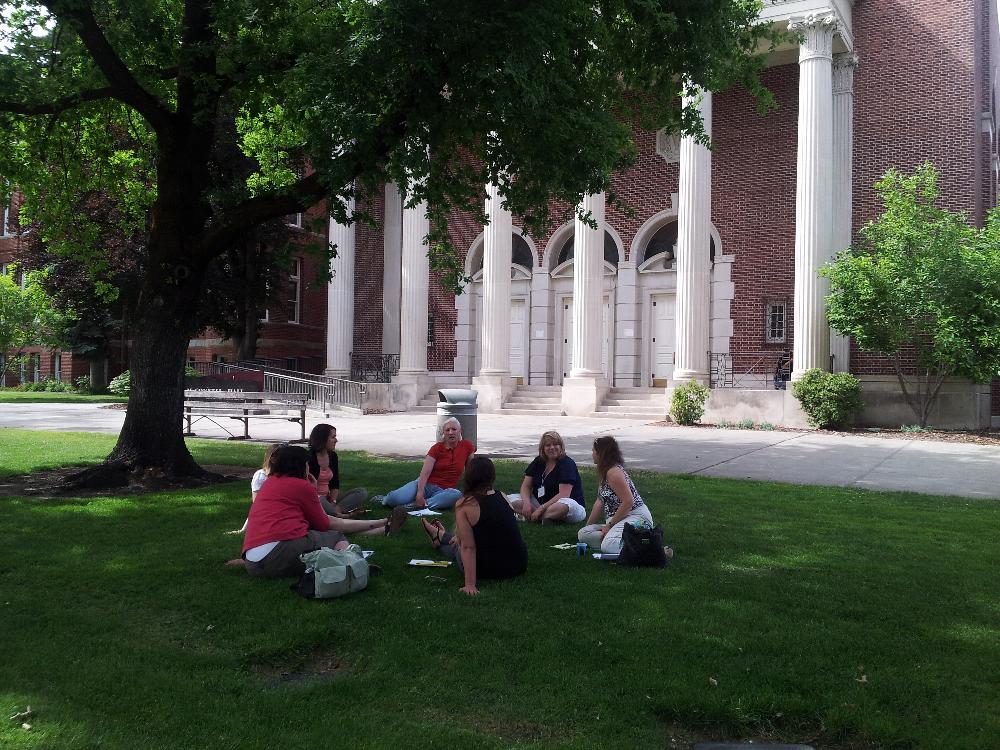 We are offering
We are offering 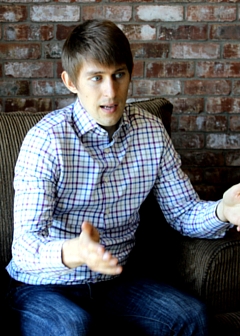 Motivational Interviewing is an evidence-based method of communication that helps you reduce/eliminate resistance in a conversation and help families engage in healthy behavior change. We can get frustrated trying to educate and explain to help them "get" it. At times, we can see how they are working against their own best interests and the interests of their children. Motivational Interviewing provides a researched and effective approach to conversations that removes all tension, shifts away from excuses, and shifts to a clear focus on healthy environments and parenting behaviors that support children to grow and thrive. This is not about theories, this is about actual skills you can acquire that will evolve your communication style so that you feel more empowered and effective with significantly less stress and burnout.
Motivational Interviewing is an evidence-based method of communication that helps you reduce/eliminate resistance in a conversation and help families engage in healthy behavior change. We can get frustrated trying to educate and explain to help them "get" it. At times, we can see how they are working against their own best interests and the interests of their children. Motivational Interviewing provides a researched and effective approach to conversations that removes all tension, shifts away from excuses, and shifts to a clear focus on healthy environments and parenting behaviors that support children to grow and thrive. This is not about theories, this is about actual skills you can acquire that will evolve your communication style so that you feel more empowered and effective with significantly less stress and burnout.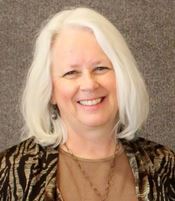
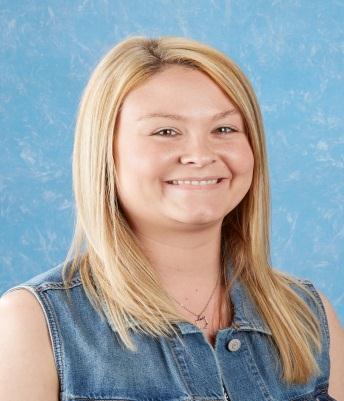 During this interactive journey, we will explore developmentally appropriate activities for S.T.E.A.M. (Science, Technology, Engineering, Art, and Mathematics). We will focus on an understanding of Science and Math that can be applied to being a partner in play as well as the intentional integration of STEAM. As we define each component we will look at the learning environment through the natural curiosity of a child.
During this interactive journey, we will explore developmentally appropriate activities for S.T.E.A.M. (Science, Technology, Engineering, Art, and Mathematics). We will focus on an understanding of Science and Math that can be applied to being a partner in play as well as the intentional integration of STEAM. As we define each component we will look at the learning environment through the natural curiosity of a child.
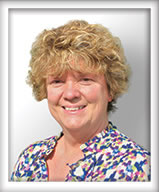
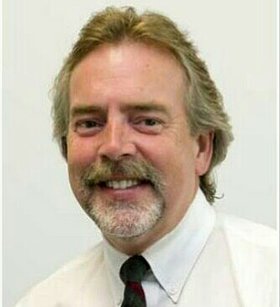 We have all seen the impact of drugs and alcohol on families and children in our programs. This course will probe those impacts and how we can more effectively address them and partner with parents. Topics will include:
We have all seen the impact of drugs and alcohol on families and children in our programs. This course will probe those impacts and how we can more effectively address them and partner with parents. Topics will include: Teachers Learning & Collaborating (TLCs) is a unique Practice-Based Coaching approach, to support teachers/home visitors to improve education practices. TLC is essentially a group format of the Practice-Based Coaching model, with self, peer, and expert coaching components, which creates collaborative teaching communities for ongoing professional development. This approach can be used across different types of programs and age groups, including center-based and home-based programs. This TLC model is designed to meet the need for quality improvement efforts that focus explicitly on teacher-child interactions. This session is for those interested in facilitating TLCs in their program.
Teachers Learning & Collaborating (TLCs) is a unique Practice-Based Coaching approach, to support teachers/home visitors to improve education practices. TLC is essentially a group format of the Practice-Based Coaching model, with self, peer, and expert coaching components, which creates collaborative teaching communities for ongoing professional development. This approach can be used across different types of programs and age groups, including center-based and home-based programs. This TLC model is designed to meet the need for quality improvement efforts that focus explicitly on teacher-child interactions. This session is for those interested in facilitating TLCs in their program. 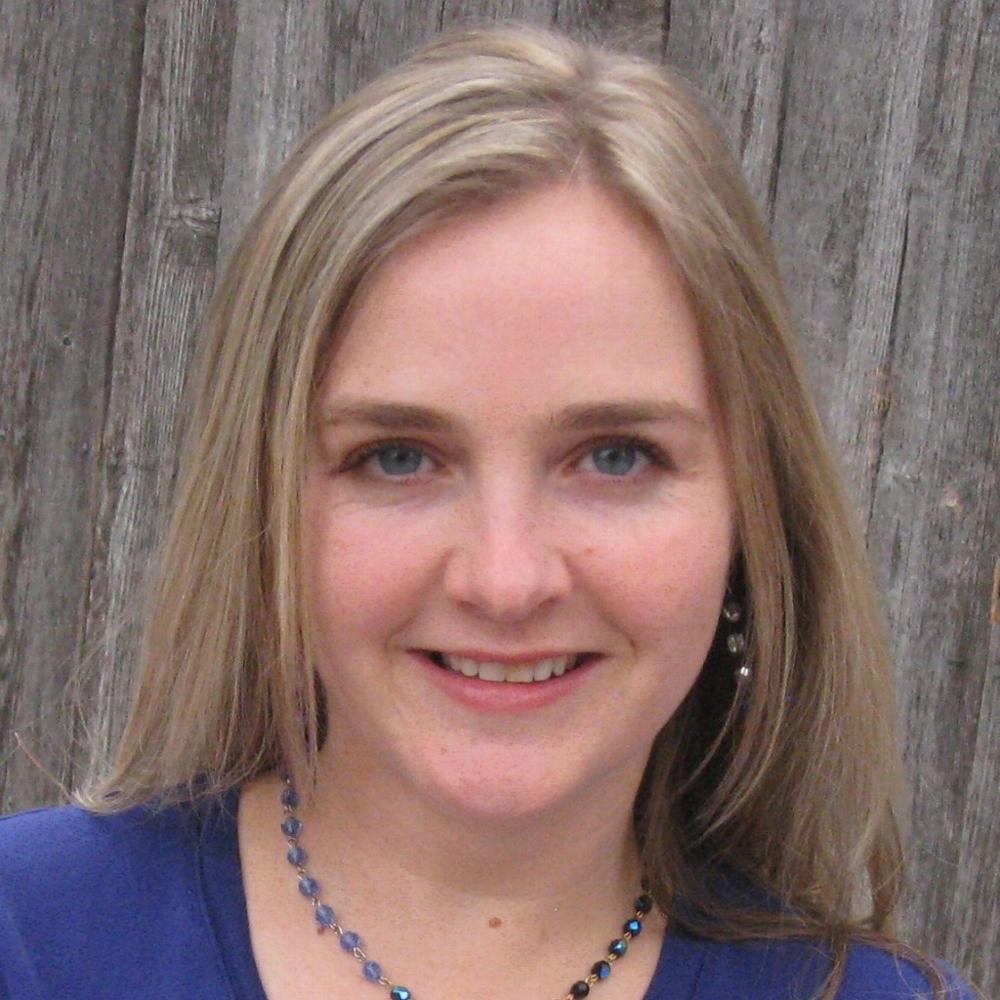 The TLC method pairs a small group of teachers/home visitors with a trained facilitator – a coach- who helps them use evidence-based education practices to improve children’s learning and development. Highly effective TLCs:
The TLC method pairs a small group of teachers/home visitors with a trained facilitator – a coach- who helps them use evidence-based education practices to improve children’s learning and development. Highly effective TLCs: